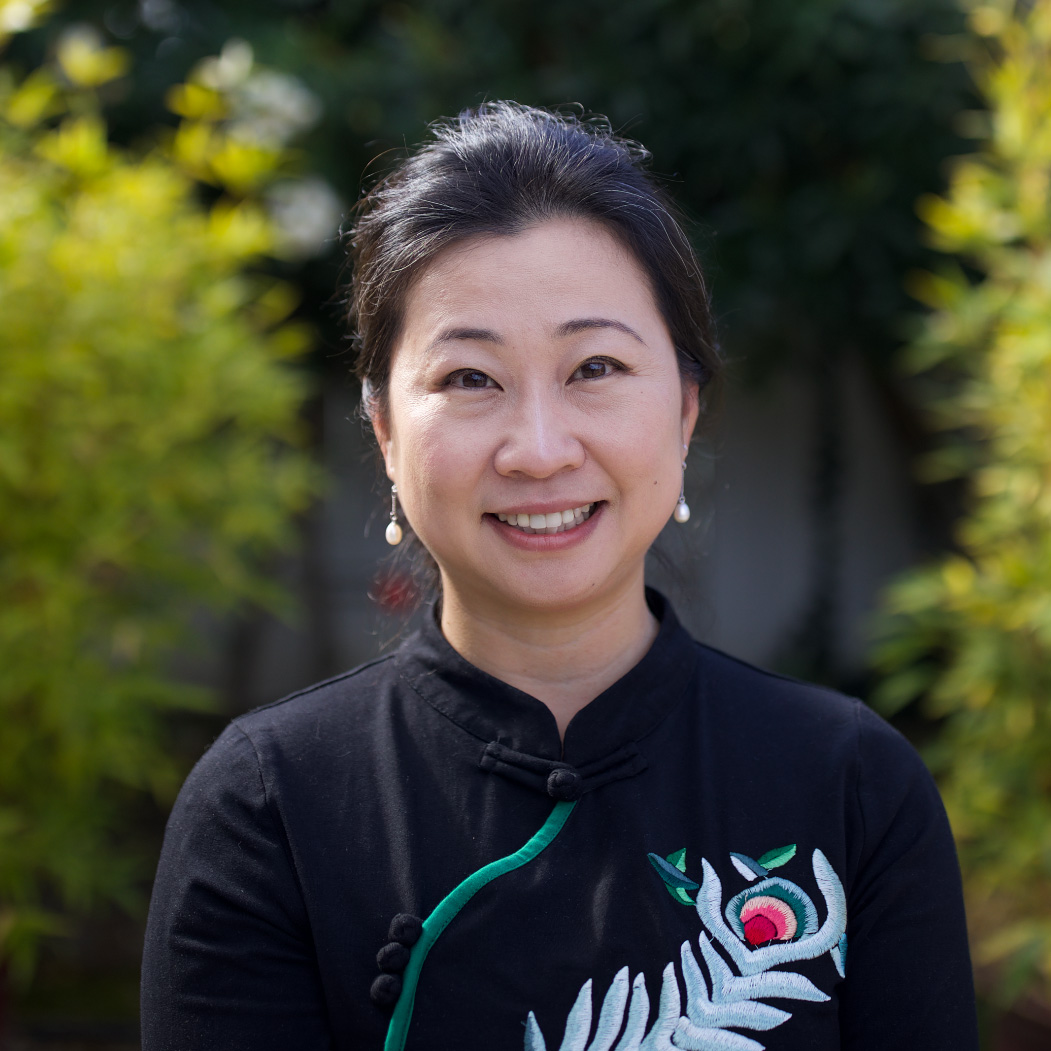Elaine Peng is on a mission to help the Chinese community.
“It’s time to get people to open up and talk about mental health,” says Peng, president of the Mental Health Association for Chinese Communities.
Her passion for mental health advocacy comes from her own life. Peng was happily married, teaching Chinese, and raising her wonderful daughter, when her husband, who was only 41, died from alcoholism. Not long after, her daughter began showing symptoms of bipolar disorder. The trauma of her husband’s death and her daughter’s issues brought Peng down. She became severely depressed.
After speaking with a doctor she learned her husband probably also had bipolar disorder, but self-medicated with alcohol.
“I didn’t have the right education about mental health,” she says.
Peng got involved in NAMI (National Association of Mental Illness) and began learning more as both a consumer and family member. She wanted others in her culture to be aware.
“Stigma is the single biggest obstacle to seeking help,” she says based on research about Asians.
The concept of “saving face” is deep in Chinese culture. It means maintaining dignity and a good reputation.
Peng explains, “If you have a connection with a person with a mental health challenge, you lose your face. You have no right to say anything. People will isolate you.”
For example, if a family member has a mental health problem, then the entire family is looked down upon. People don’t feel comfortable disclosing or asking for help because the stigma affects them and people close to them. In the United States, there are other barriers too, such as finding a provider who speaks Chinese and is culturally competent. In Alameda County, Asian and Pacific Islanders (API) make up 29.9% of the population, but only 2% of mental health patients are APIs.
Peng opened the door wide to discuss this issue during the recent Chinese American Mental Health Awareness Day. More than 300 people gathered at CSU East Bay for the conference. Attendees traveled from throughout California and even overseas.
It “was successful!” says Peng.
The event is the first of its kind in the United States. Alameda County Behavioral Health (ACBH) was a proud sponsor, with support from the Mental Health Service Act.
The day included a screening of the documentary Looking for Luke. The film is about Chinese parents trying to figure out why their son Luke, a well-liked Harvard sophomore killed himself. Psychologist Li Zhihua traveled from China for the keynote. She inspired the crowd with her story of overcoming losing both of her arms in a fire. Her story was a testament of living a full life as a trauma survivor. The day was also a celebration of culture— from the bright decorations, to the entertainment and food.
Peng says she loves helping her community. She wants anyone suffering to know, “The body is made up of different organs and the brain is one of those organs. They should seek out help [for the brain] like they would for any other body part.”
And there’s nothing to be ashamed of.


